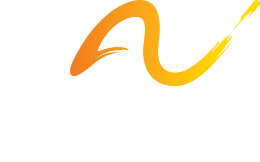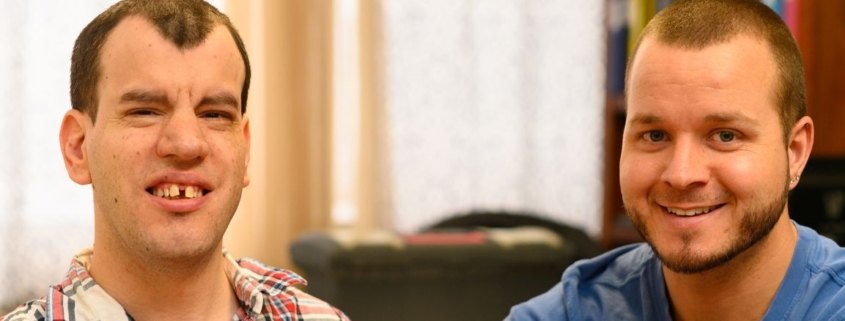The response to support and service needs of all people with I/DD and co-occurring mental illness (MI), also known as dual diagnosis, is of deep concern. New York state I\DD and mental health (MH) authorities, responsible for funding and monitoring vital services are uneven in how they fund and support the service needs of people. At times, publicly funded programs are hard-pressed to provide the levels of assistance, therapy, primary care, long-term medical oversight and individualized supports that people with these co occurring conditions need to live, work, and lead lives in the community.
According to a National Core Indicators data brief, almost half of people with I/DD meet the criteria for dual diagnosis. Despite the prevalence of mental health needs among people with I/DD, little is known about the best approaches for supporting the needs of people with I/DD and co-occurring mental health challenges and their families. This uncertainty has led to the dependence on outdated and potentially poor approaches to mental health care, such as seclusion, restraint, and psychotropics. Given the lack of support resources and services available for people and their families, the use of the aforementioned options may cause people with dual diagnosis to increasingly struggle with poor mental health.
Some people with dual diagnosis are not able to access the treatment they need because they are effectively excluded from inpatient services. People have been turned away from inpatient treatment because the facilities opined that people were not able to benefit from psychiatric treatment. People, finally admitted after prolonged periods of suffering, were able to benefit from treatment, establish a psychiatric regime that was effective, and go on to live their lives in a safer and happier fashion.
OPWDD and OMH have worked to develop specialized, multi-disciplinary, inpatient psychiatric units for children ages 5 to 21 who are dually diagnosed and the expansion of Crisis Services for Individuals with Intellectual and Developmental Disabilities (CSIDD). While these units have proven to be successful in transitioning children with psychiatric support needs into their communities, gaps exist for the adult population with similar support needs.
It is The Arc New York’s position that:
- Appropriate funding and attention to comprehensive supports and services provides the most person-centered and cost-effective way of supporting this substantial population.
- Comprehensive training and education for staff, clinicians, first responders, and all professionals who support people with I/DD in the community is needed to support people with complex needs.
- Greater access must be provided to CSIDD and specialized, multi-disciplinary, inpatient psychiatric units and crisis services forpeople of all ages with dual diagnosis.
- The state must designate an existing psychiatric hospital as a regional center for excellence, equipped with advanced training in dual diagnosis and necessary telecommunication tools for consultation purposes.
- Alternative services must be readily available to providers who have exhausted all other options in their due diligence to meet the needs of people with highly complex needs and for the safety other people and staff
- The state must support the 988 Suicide and Crisis Lifeline through continued and adequate state funding and training focused on the support of people with I/DD and dual diagnosis.
- Comprehensive instruction across all medical professions and in every setting must include awareness on how to address the needs of people with a dual diagnosis, particularly during medical emergencies.





